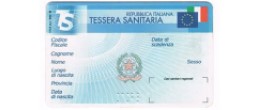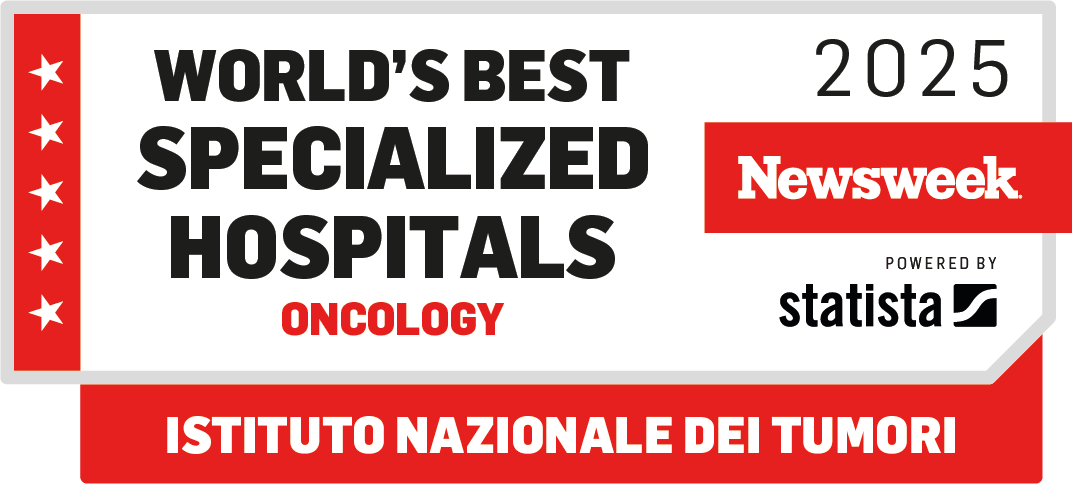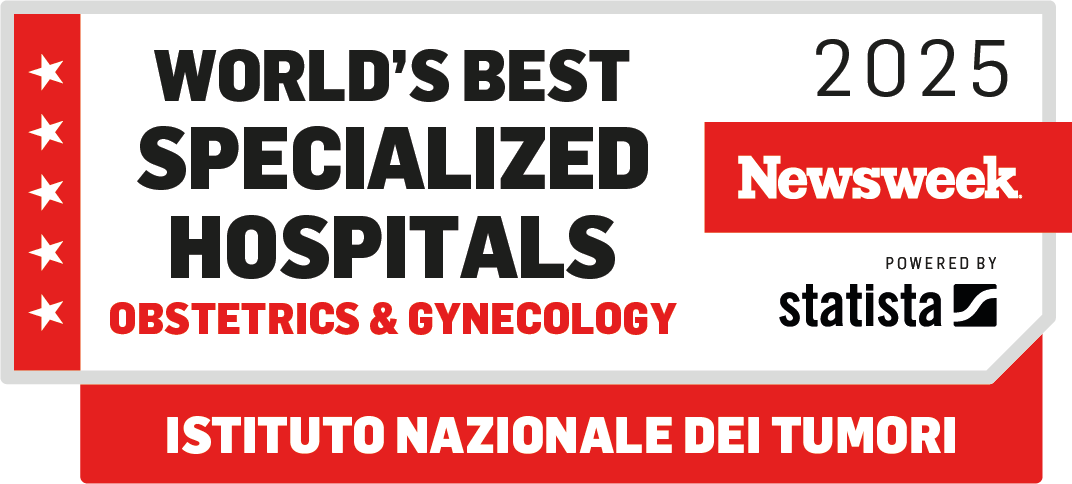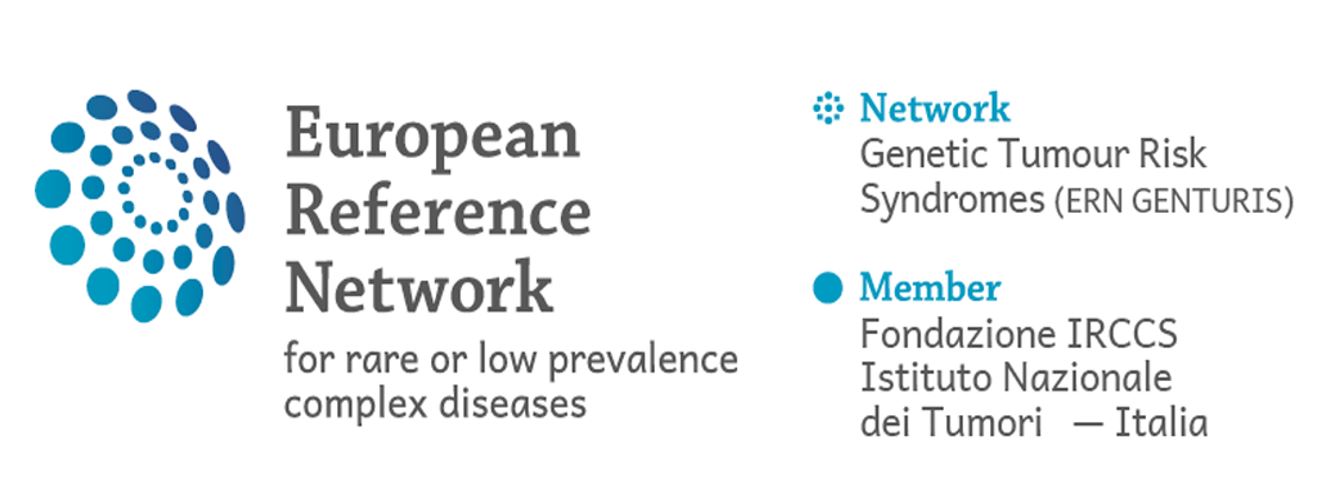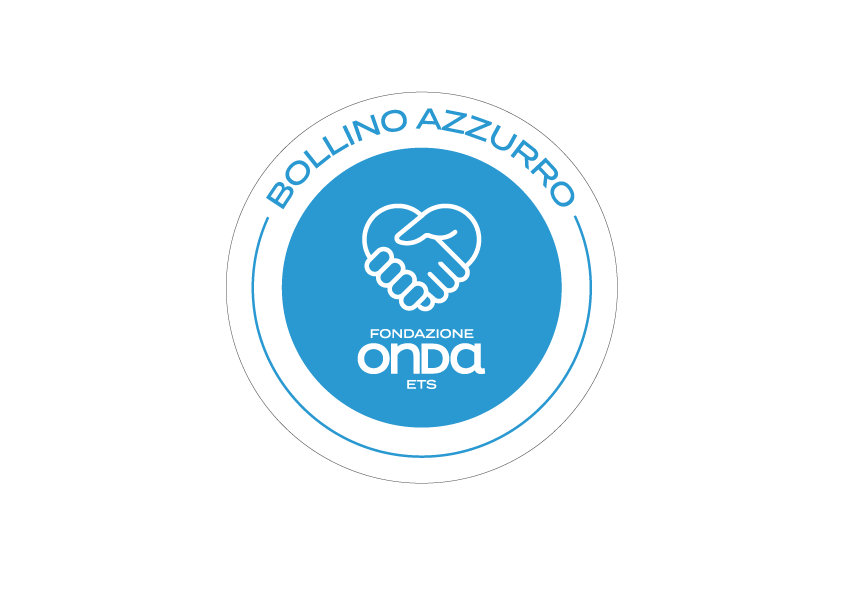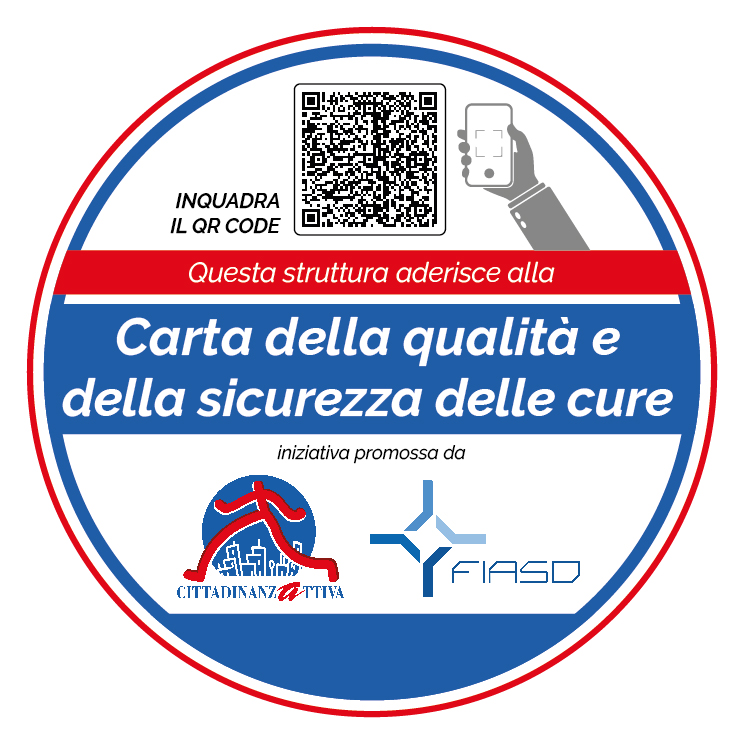Progetti s.c. Immunologia Molecolare
Progetti
Funding Agency: AIRC
Call: AIRC Investigator Grant-2022
Project Title: “Alternative functions of mast cells foster castration resistance but inhibit neuroendocrine prostate cancer” (AIRC IG 2769)
Principal Investigator: Elena Jachetti
In advanced prostate cancer, we aim to investigate the role of mast cells in shaping hormone resistance, neuroendocrine differentiation, and immune suppression. The project relies on preclinical models and patient-derived tumor specimens, combining molecular analyses with in vivo and in vitro experiments to investigate key cellular interactions and mechanisms.
Funding Agency: Scientific Directorate, Fondazione IRCCS Istituto Nazionale dei Tumori
Call: Institutional Research line 2 –2023
Project title: “CDK4/6 plus PARP inhibitors in prostate cancer: a matter of synthetic lethality and immune modulation – the PROPARCY study”
Principal Investigator: Elena Jachetti
This is a three-step preclinical study designed to provide the rationale for new therapeutic strategies for metastatic castration resistant prostate cancer (mCRPC) patients, addressing an unmet clinical need. Our research proposal aims to evaluate in vitro and in vivo the activity of a new drug combination and to identify molecular networks and biomarkers associated to response/resistance to therapies. Results will provide preliminary data to design phase I-II clinical trials testing PARPi and CDK4/6i combinations in selected mCRPC patients.
Funding Agency: AIRC
Call: AIRC Investigator Grant-2020
Project Title: Harnessing tumor- and microenvironment-related mechanisms of hormone therapy resistance in prostate and breast cancers (AIRC IG 24363)
Principal Investigator: Mario Paolo Colombo
The project aims to investigate the mechanisms of resistance to hormone therapies in prostate and breast cancer by analyzing both tumor cells and their interactions with the surrounding microenvironment. It focuses on molecules involved in epigenetic regulation, endoplasmic reticulum (ER) stress, and extracellular matrix dynamics.
Funding Agency: AIRC
Call: Accelerator Award-2019
Project Title: Local immunoradiotherapy (LIRT) (A29362)
Principal Investigator and Leading Center: Ignacio Melero (Cima Universidad de Navarra, Spain)
Principal Investigator for INT: WP leader and PI for INT Mario Paolo Colombo
In preclinical models of prostate, head and neck, and breast cancer, we evaluate the effects of combining radiotherapy with agonists of TLR9 and TLR3, locally administered within one tumor lesion, in order to increase both local and systemic anti-tumor immune response, also evaluating the abscopal effect on distant, non-treated, lesions.
Funding Agency: Scientific Directorate, Fondazione IRCCS Istituto Nazionale dei Tumori
Call: Institutional Research line 3 –2024
Project title: “Genomic and microenvironment factors determine lineage plasticity and tumor aggressiveness in rare mesenchymal and epithelial cancers”
Principal Investigator: Roberta Sulsenti
Tumors can change their identity to overcame treatments, a phenomenon known as cellular plasticity. While epigenetic and transcriptional regulators are key drivers of this process, signals from the tumor microenvironment further modulate tumor differentiation programs. Our preliminary data suggest that key factors can guide phenotypic transition towards aggressive states in tumors of both epithelial and mesenchymal origin, and that common accomplices in the microenvironment, such as mast cells, are involved in regulating these tissue-specific differentiation programs. Understanding such mechanisms could lead to identify new targets for therapeutic intervention for patients with rare cancers such as sarcomas and neuroendocrine tumors.
Funding Agency: AIRC
Call: AIRC Investigator Grant-2020
Project Title: Dissecting the relationship between mast cells, ENPP3 expression and breast cancer response to therapy (AIRC IG 24309)
Principal Investigator: Daniele Lecis
Our project explores how mast cells influence breast cancer development. These cells stimulate the expression and activity of estrogen receptors in cancer cells, while lowering the levels of a molecule called ENPP3. By understanding how mast cells affect both cancer cell hormone regulation and ENPP3 levels, we aim at characterizing new molecular mechanisms that contribute to breast cancer aggressiveness.
Funding Agency: Scientific Directorate, Fondazione IRCCS Istituto Nazionale dei Tumori
Call: Institutional Research line 2 –2023
Project title: “Targeting nonsense-mediated mRNA decay as a novel strategy to enhance immune checkpoint therapy efficacy”
Principal Investigator: Daniele Lecis
Nonsense mediated mRNA decay is a cellular mechanism which detects mRNAs with premature termination codons and triggers their degradation. The aim of this project is to understand whether nonsense mediated decay affects tumor immune infiltration and determine if its inhibition could represent a novel strategy to enhance the efficacy of anti-cancer immunotherapy. The main objective of this project will be pursued by inhibiting nonsense mediated mRNA decay both genetically and pharmacologically, in vitro and in vivo.
Funding Agency: AIRC
Call: AIRC Investigator Grant-2018 (ended 2024)
Project Title: “Harnessing osteosarcoma stem cell/mesenchymal features to enhance treatment susceptibility” (AIRC IG 22100)
Principal Investigator: Claudia Chiodoni
The project aimed at investigating the role of two molecules, ZEB1 and SLC7A11, in the progression of osteosarcoma, a rare primary malignant bone tumor affecting mainly children and adolescents, that is considered to be a differentiation disease. We hypothsized that identifying those pathways and molecules that are relevant for the maintenance of mesenchymal or stemness features of OS may uncover new "Achille's heels" to be exploited for new, differentiation-based, therapeutic approaches.
Funding Agency: Scientific Directorate, Fondazione IRCCS Istituto Nazionale dei Tumori
Call: Institutional Research line 1 –2023
Project title: “Circulating myeloid cells, coupled with ATF3 expression by CD14+ monocytes, discriminate malignant from benign mammographic lesions: validation cohort and technical refinement”
Principal Investigator: Claudia Chiodoni
The project aimed to validate our previous finding on the efficacy of ATF3 expression on circulating monocytic cells in discriminating, among women with a mammographic uncertain BI-RADS score, those with a malignant breast neoplasia from those with benign disease. In addition, we plan to set up a less laborious, costly and time-consuming experimental procedure to detect ATF3 expression in circulating monocytes.
Funding Agency: Italian Ministry of Health
Call: PNNR-rare disease-2023
Project Title: “IMPATHY-AML: Integrating Molecular and digital PATHologY to track new response biomarkers in high-risk Acute Myeloid Leukemia during treatment”
Leading Center: Azienda Ospedaliera di Perugia
Principal Investigator for INT: Sabina Sangaletti
High-risk acute myeloid leukemia (HR-AML) is characterized by a high relapse rate and predominantly unfavorable clinical outcomes. For this reason, it represents an urgent unmet medical need. Through a multidisciplinary team, the project aims to: 1. Analyze the dynamics of the HR-AML and the immune system at the single-cell level in patients undergoing pharmacological treatment and bone marrow transplantation. 2. Apply spatial multiomics/proteomic techniques and digital pathology on diseased tissue to uncover new parameters that characterize these dynamics.3. Understand the mechanisms of disease resistance, identify predictive biomarkers, and validate them in tailored experimental models.
Funding Agency: European Innovation Council
Call: HORIZON-EIC-2023-PATHFINDEROPEN-01
Project Title: “Bone Marrow-on-Chip as smart sensor of lung cancer relapse”
Principal Investigator for INT: Sabina Sangaletti
Consortium coordinator: Politecnico di Milano
Over the past 40 years, overall cancer survival has doubled, yet lung cancer still suffers from high relapse rates due to residual cancer cells surviving initial treatment. Relapse is often detected too late, and current methods do not predict its risk. The BuonMarrow project builds on preliminary evidence that the bone marrow can “sense” and develop a memory response when exposed to cancer mediators, which intensifies upon tumor recurrence. By leveraging advanced organ-on-chip technologies and innovative sensors, the project aims to create an in vitro miniaturized bone marrow devices able to detect early relapse from lung cancer liquid biopsies. This sensor will be calibrated and validated through retrospective and prospective clinical studies, ultimately contributing to personalized treatment strategies and improved patient outcomes, with significant socio-economic benefits across the EU.
Funding agency: AIRC
Call: AIRC Investigator Grant-2023
Projection Title: “Bone marrow stroma cell education expand ZEB1+ neutrophils that detect lung cancer early relapse”
Principal Investigator: Sabina Sangaletti
Despite therapeutic advances, lung cancer patients still exhibit low survival rates, making early diagnosis of recurrences crucial. Tumors establish a detrimental cross-talk with the bone marrow by stimulating mesenchymal stem cells (MSCs) and creating a chronic hematopoietic demand. This repeated stimulation induces a "memory" response in MSCs, enhancing hematopoiesis upon subsequent tumor exposure even with minimal circulating factors. This mechanism could provide early biomarkers (e.g., ZEB1+ neutrophils) useful for detecting relapse.
Funding Agency: Scientific Directorate, Fondazione IRCCS Istituto Nazionale dei Tumori
Call: 2023
Project title: “Restoring the proper balance of fatty acids in ECM3 patients and its impact on T-regulatory cells in ECM3+ patients”
Principal Investigator: Sabina Sangaletti
We identified an association between ECM3 signature, regulatory T-cells, and specific fatty acids in high-grade breast cancer (HGBC) patients. Preclinical studies on ECM3+ tumors in mice, especially triple negative breast cancer (TNBC), revealed a link between ECM3 features and lack of immunotherapy response. This suggests that validating metabolic and Treg markers in ECM3 HGBC may help identify patients who need combination therapy. Project goals include confirming biomarkers in HGBC and TNBC patients, assessing fatty acids' effects on Tregs, and developing a qPCR assay for clinical use.













